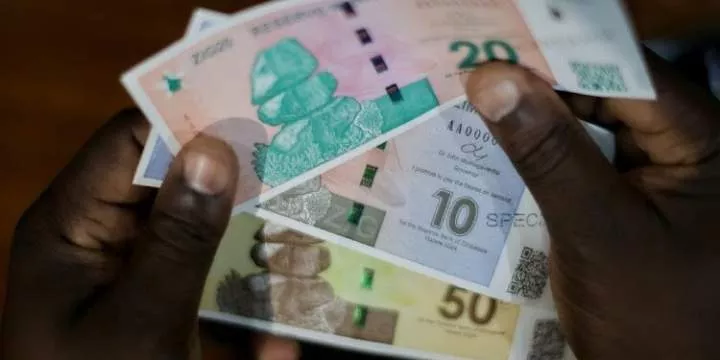
The government of Zimbabwe is set to fine businesses using a higher exchange rate than the rate stipulated by the new gold-backed currency also known as the ZIG.
The move by the government is aimed at protecting the value of its newly introduced gold-backed currency.
According to the East African, any business in Zimbabwe using an exchange rate higher than the official rate of 13.5 ZiG per US dollar will be liable for a fine of 200,000 ZiG ($14,815), according to a government notice.
The notice further declared that anyone offering goods or services at an exchange rate above the stipulated interbank foreign currency selling rate would be guilty of a civil infringement.
The notice highlights ongoing efforts made by the Zimbabwean government to protect the value of its new gold-backed currency and shield it from harmful practices that could undermine its effect.
The government had earlier launched a crackdown on illegal forex traders in the country who were taking advantage of the unavailability of the new gold-backed currency to make a profit by offering customers slightly higher rates than the official rate.
Nairametrics earlier reported that these illegal money changers were offering as much as 15 Zig ( Buy Rate ) and around 20 Zig (Sell Rate) against the US dollar. This was indeed higher than the official 13.5 ZIG per US Dollar rate which the new gold-backed ZIG was worth officially.
The above practices by illegal money changers and some businesses like supermarkets that have been charging a premium above the market rate for customers paying in the new currency are harmful to the value of the new currency and it's a source of concern to the Zimbabwean government hence the notice.
In the Informal Sector, the new gold-backed Zig is rejected by informal traders who still prefer the US dollar to it. This reflects the mixed feelings of Zimbabwean people following the introduction of the new gold-backed currency which won't be the first time such financial decisions have been taken in the country.
The Zimbabwean Treasury however is moving to enforce the use of the new ZIG as the official unit of exchange for transactions despite the challenges posed by malpractices by Zimbabwean citizens.
What to know
The Zimbabwean economy has battled hyperinflation which usually results in its local currency losing significant value and becoming practically worthless. The latest to fall victim is the Zimdollar which lost over 70% of its value since the start of the year.
Zimbabwe has changed its local currency six times since its independence and four times since the turn of the decade all in a bid to solve the hyperinflation problem that has plagued the Southern African country's economy.

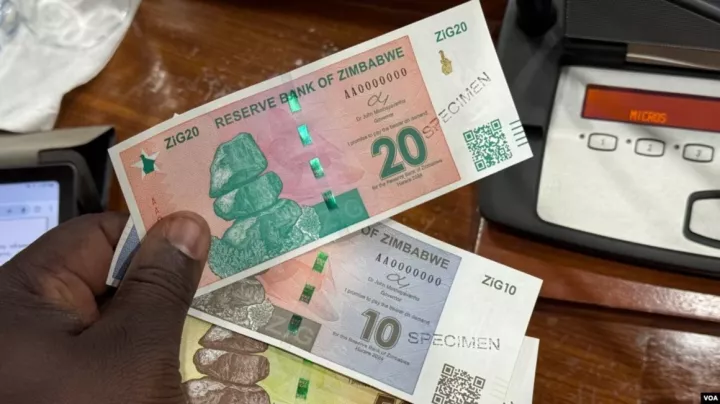

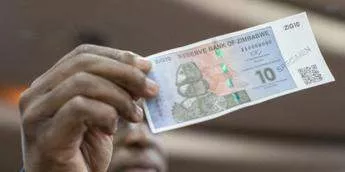
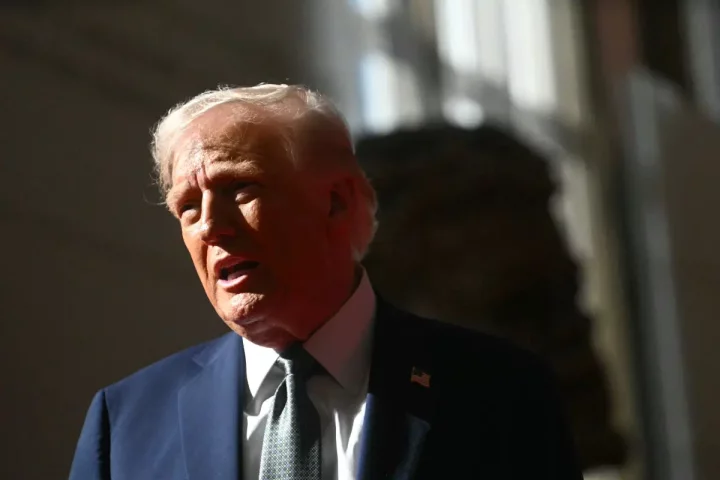
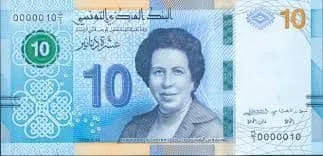
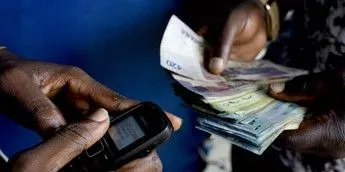

![Rivers State Administrator Ibas Issues Orders to Local Government Heads [PHOTO] Rivers State Administrator Ibas Issues Orders to Local Government Heads [PHOTO]](https://static.netnaija.com/i/voKd6nGZarx.webp)
![Kiddwaya explains why he won't be separating fights in Biggie's house [Video] Kiddwaya explains why he won't be separating fights in Biggie's house [Video]](https://static.netnaija.com/i/1qGK1rrW7rV.webp)






Comments